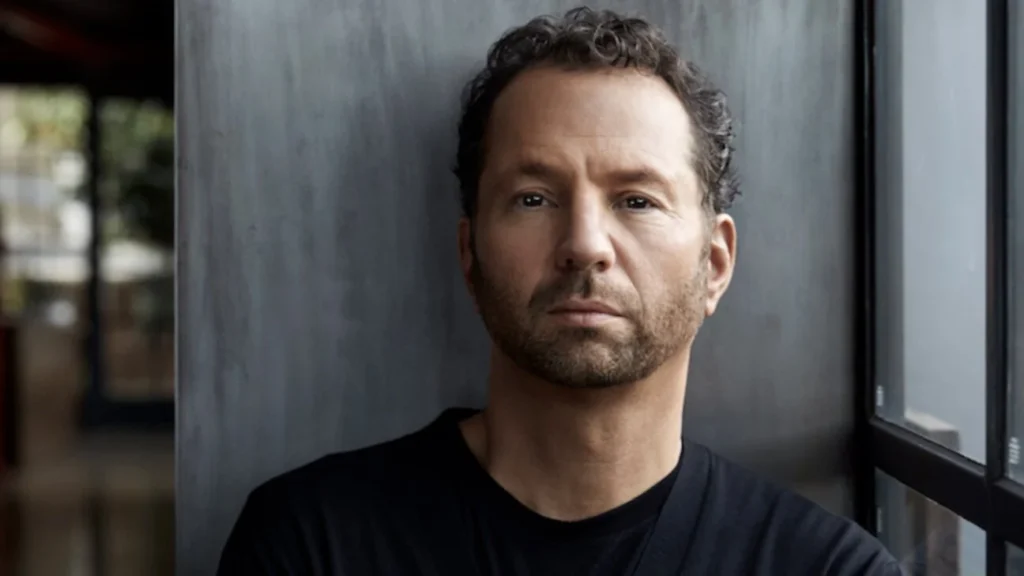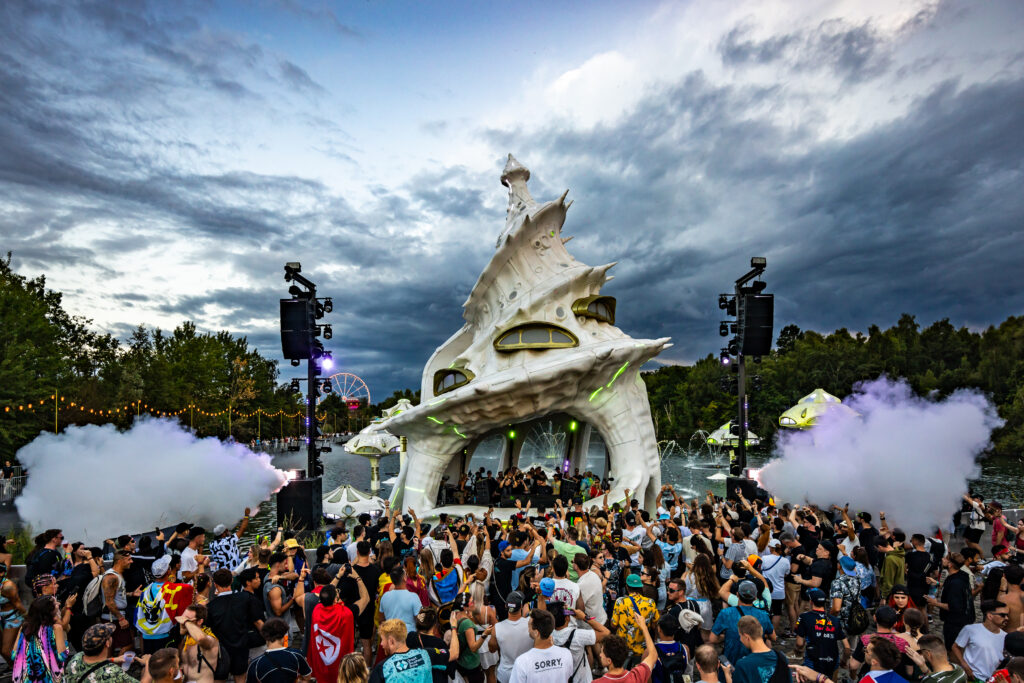
Live Nation & AEG Being Probed Over Pandemic Refund Policies
During COVID-19 pandemic. Among the many sectors affected, the live music industry was dealt a severe blow. Festival-goers, ravers, DJs, and music aficionados saw their beloved concerts, festivals, and live performances vanish into thin air. But amidst the disappointment, a controversy was brewing. Two industry behemoths, Live Nation and AEG Presents, found themselves in hot water, under investigation by the US Department of Justice over their handling of concert cancellations during the pandemic.
As the news broke on May 15, 2021, Bloomberg reported that an antitrust probe was underway. The focus of the investigation was whether these industry titans illegally colluded regarding their refund policies and artist negotiations in the direst of times. Prosecutors even considered bringing charges against Live Nation and its Chief Executive Officer, Michael Rapino.
But what really happened? How did these industry stalwarts land in such a controversy? And what does this mean for us, the music lovers? Let’s take a deep dive into this intriguing saga of corporate conduct during a global crisis.
The Allegations: A Tale of Collusion?
When the pandemic hit, it was a time of confusion and chaos for the live music industry. With events being postponed or canceled right, left, and center, ticket holders were left in limbo. It was during this time that Live Nation and AEG Presents, two leading players in the concert and ticketing industry, allegedly coordinated their responses.
The crux of the issue lay in their refund policies. The US Department of Justice’s antitrust division reportedly investigated whether the two companies colluded to withhold refunds for shows that were postponed indefinitely. In other words, fans who bought tickets for shows that got stuck in the pandemic limbo were potentially left high and dry.
But the allegations didn’t stop at refund policies. The investigation also looked into whether the duopoly had unfairly negotiated with artists during the pandemic. While the specifics of these alleged negotiations remain unclear, the fact that the authorities even considered bringing charges against the companies and Live Nation’s CEO, Michael Rapino, shows the gravity of the situation.
Live Nation’s Defense: A Misunderstanding or a Misconduct?
As the news of the investigation broke, Live Nation was quick to defend itself. The company categorically denied any wrongdoing, stating that they fully cooperated with the DOJ’s inquiries and maintained the highest standards of legal and ethical conduct throughout.
The company pointed out that their refund policy was clear and transparent. They stated that customers were offered full refunds for any canceled shows and, in cases where shows were postponed, customers could request a refund. They further emphasized that their policy was in line with industry standards.
As for the allegations of colluding with AEG Presents, Live Nation dismissed them as baseless. The company argued that the claim was a misunderstanding of the industry’s standard practices and a misinterpretation of their commitment to keeping the live music industry afloat during an unprecedented crisis.
Looking Ahead: What Does This Mean for the Music World?
Regardless of the outcome of the investigation, this controversy has shed a spotlight on the live music industry’s practices. It has raised questions about the conduct of industry giants during a crisis and highlighted the need for transparency and fairness in their dealings with artists and customers alike.
For us, the music lovers, it’s a wake-up call. It’s a reminder that as consumers, we must stay vigilant. We must understand the fine print when we purchase tickets and be aware of our rights. It’s also a call to support ethical practices in the music industry and demand better from those in power.
As the dust settles on this controversy, one thing is clear: the live music industry will never be the same. The pandemic has changed the way we experience music, and this investigation has the potential to change the way the industry operates. But with change comes opportunity – an opportunity for the industry to emerge stronger, more transparent, and more respectful of the ones who keep it alive: the artists and the fans.



